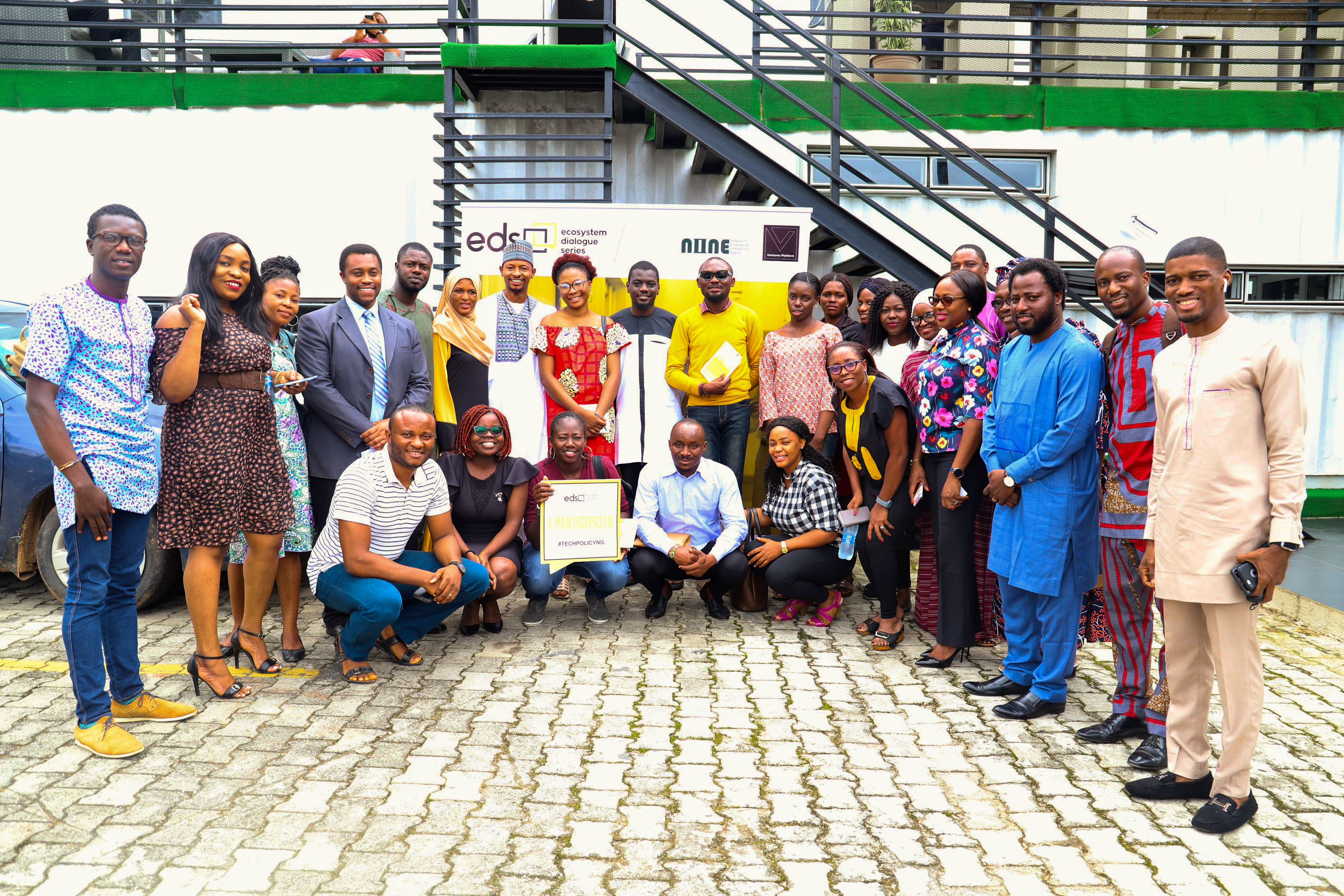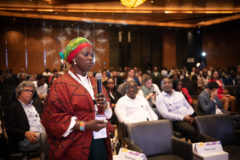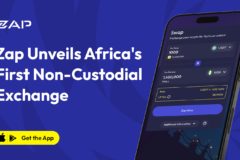A nation’s ability to attract investment, grow existing industries, and enhance job creation* will be greatly determined by the skills of its people and digital literacy has proven to be one of such skills.
In the 2018 UNESCO Draft report titled “A Global Framework of Reference on Digital Literacy Skills for Indicator 4.4.2” defines Digital Literacy as the ability to define, access, manage, integrate, communicate, evaluate and create information safely and appropriately through digital technologies and networked devices for participation in economic and social life. It includes competencies that are variously referred to as computer literacy, ICT literacy, information literacy, data literacy and media literacy.
Digital literacy is not an option but a requirement for any individual to be considered competitive and best prepared for today’s world of advanced technology and the future of work. However, the literacy required for such success is not well defined and the skills are not included in many learning curricula. Additionally, poor infrastructure in the country does not encourage the promotion and effectiveness of digital literacy.
The Ecosystem Dialogue Series by Ventures Platform Foundation is a platform that brings key stakeholders in the tech-entrepreneurship ecosystem together to agree on policy interventions to promote tech-entrepreneurship in Africa.
The objective of the Digital Literacy edition was to discuss the need to unleash the full potential of the Nigerian market by promoting digital literacy as well as encouraging wide-ecosystem policy participation to necessitate policy intervention.
On July 5th 2019, Ventures Platform Foundation, with the support of Google, held the seventh EDS edition themed “Promoting Digital Literacy in Nigeria” at Ventures Park, Abuja. Stakeholders in Government, Civil Society Groups, Private Sector, Technology, Media and Academia were hosted to discuss challenges/ issues facing digital literacy in Nigeria as well as recommend policy solutions and next steps of action towards promoting digital literacy in Nigeria.
Organizations represented included the National Information Technology Development Agency (NITDA), Federal Ministry of Science & Technology, The Zariah Elizabeth Foundation, Teachers Representative Council of Nigeria, Wennovation Hub, British Council, Google, RANA, EIDI Africa, TechSpecialist Academy, Skills Outside School etc.
The program was kicked off by Mimsach Obioha, Executive Director of Ventures Platform Foundation. Some of the challenges highlighted during the program include:
- Implementation of policy: Already set regulations/ strategic action plans geared towards promoting digital literacy are not readily implemented.
- Curriculum: Educational curriculum does not readily reflect a component of digital literacy skills which would be valuable/relevant in the future of work.
- Cost: High costs of infrastructures such as the Internet and power is one of the challenges faced in promoting digital literacy in Nigeria.
- Capacity Building: Low rate of capacity building exercises and training on digital literacy across sectors.
- Digital Inclusion: High rate of digital divide due to the existence of unreached communities who are not aware of the concept of digital literacy.
- Domestication/ Demystifying: The concept of digital literacy has been couched to be something so complex that it appears intimidating to a lay-man and as such fails to be understandable in simple terms.
- Network & Communities:
- Resistance to Change: The general attitude of people towards change and what digital literacy offers, is a hindrance in promoting digital literacy.
In order to address these aforementioned challenges some solutions and next steps of actions were highlighted and they include:
- More citizen engagement and awareness of existing and new policies on digital literacy.
- Both the Government and the Private sector needs to invest in research and development to be more conversant on the international best practices as it concerns promoting digital literacy.
- For a long term action plan,educational agencies such as the National Commission for Colleges of Education( NCCE),Universal Basic Education Commission(UBEC), National Universities Commission (NUC), Teachers Registration Council of Nigeria (TRCN), Nigerian Educational Research & Development Council (NERDC) and State Universal Basic Education Board(SUBEB) etc. For a short term action plan, there should be some sort of collaboration between organizations/ private sector whose works are centred on digital literacy with schools to work together in actualising a more robust curriculum for schools. A“Training of Teachers”(TOT) approach can also be adapted to schools where teachers are trained and invariably pass-on lessons learnt within their community.
- Cost: Government should provide tax incentives/ reliefs for telecoms to enable them to reduce the costs of data. Telecoms can also provide tech parks using intranet with available resource materials to allow for access to the internet.
- On digital inclusion more collaboration between Government, Multilateral organizations and civil society groups to reach out to unreached communities. Also, to promote inclusion, in reaching out to these communities, contents should be in the local language so as to avoid the language barrier.
- Whilst innovation Hubs/clusters should be set up in areas where they do not exist to make room for the laps that occurs in some areas in Nigeria, existing hubs should also partner with civil society groups to promote capacity building programs on digital literacy.
- In order to ward off resistance to change, there should be more orientation programs on the need and importance of digital literacy using the bottom-top approach of reaching out to grass root individuals.
After the dialogue, it was ascertained that the next steps to be taken are an engagement with key stakeholders as well as the National Digital Literacy Council of Nigeria to develop and execute strategic action plans based on the solutions proffered during the dialogue.
* The 2019 report of the National Bureau of Statistics reveals that Nigeria has an unemployment rate of 23.1 per cent.





















